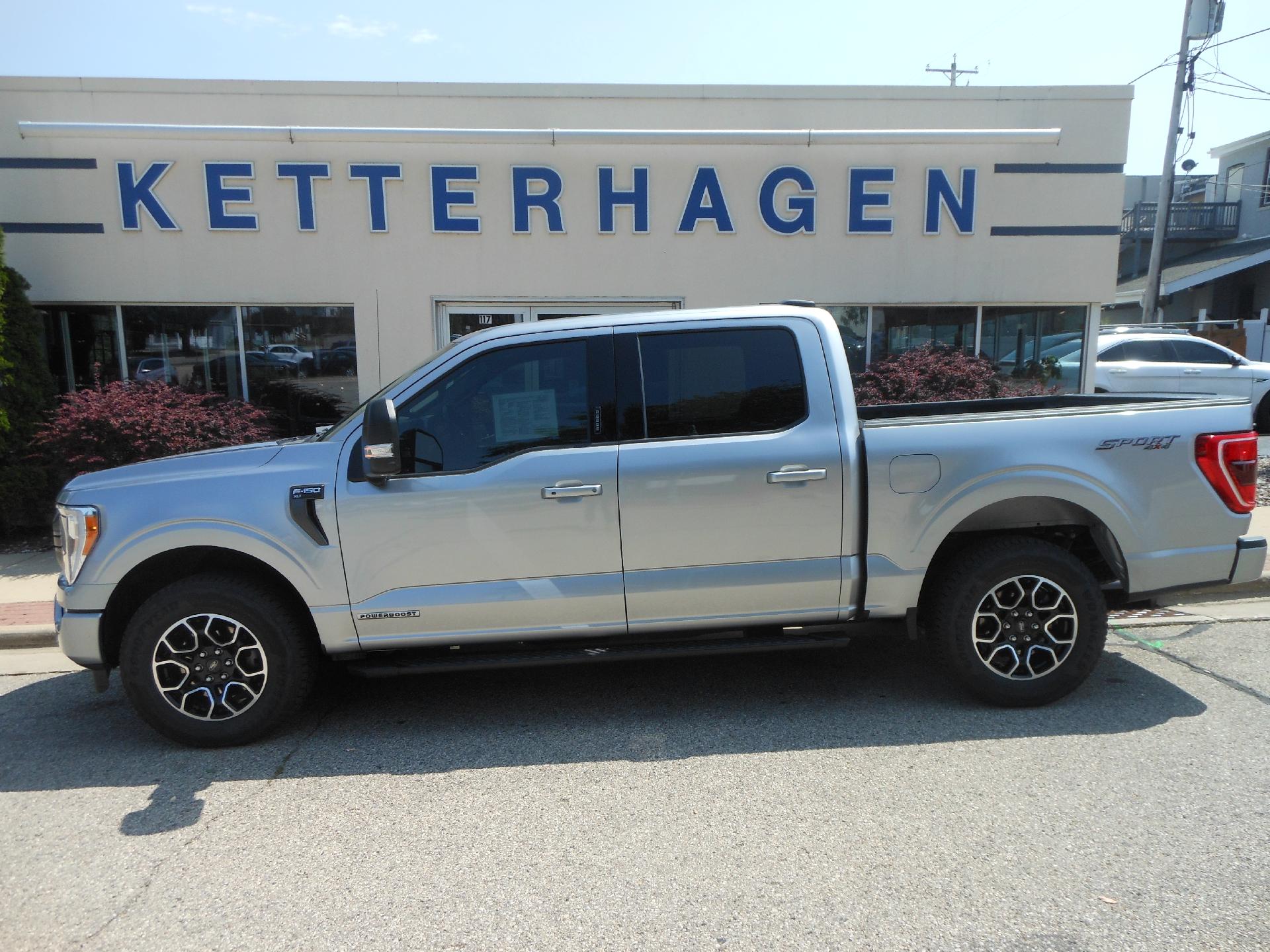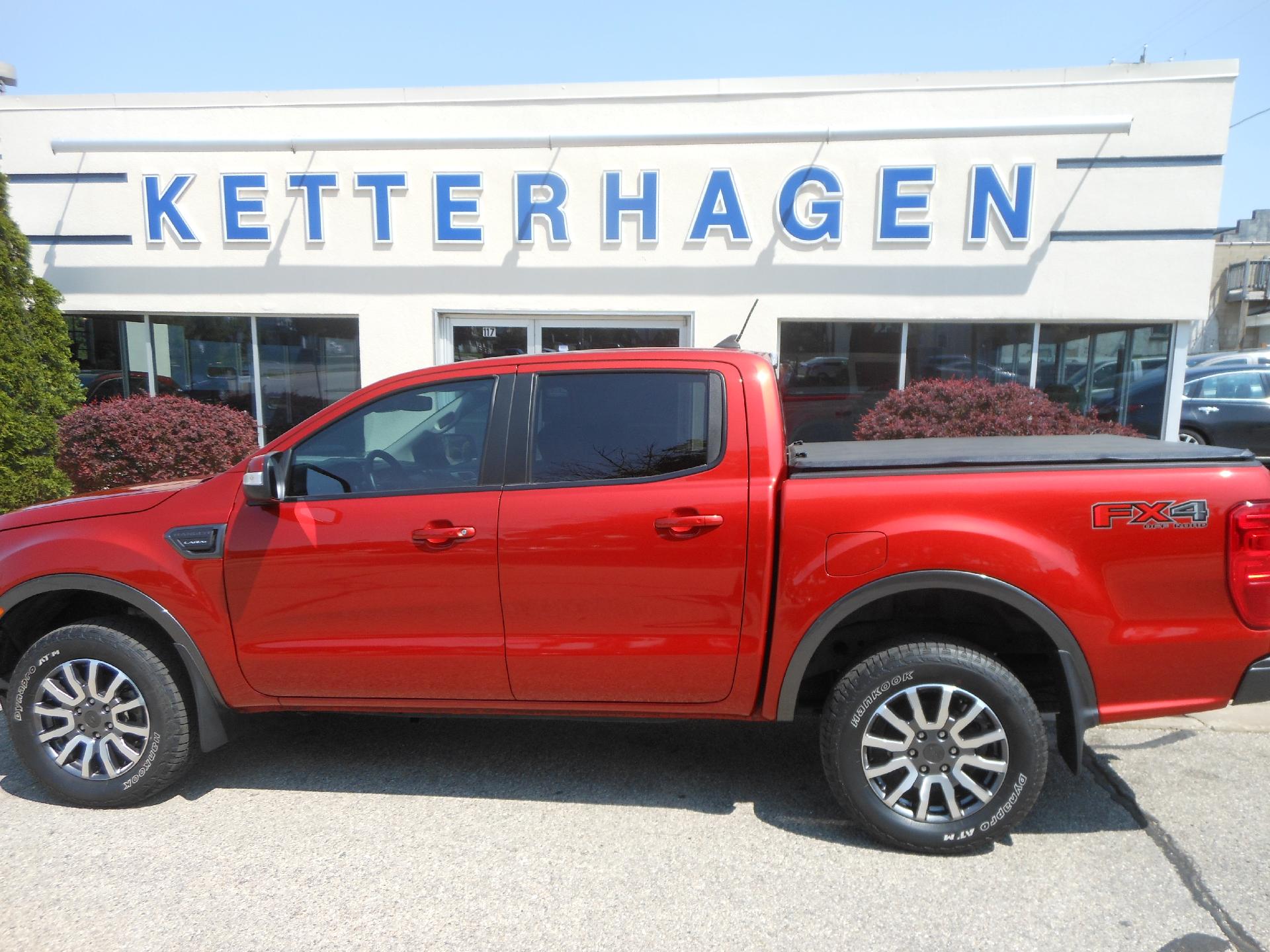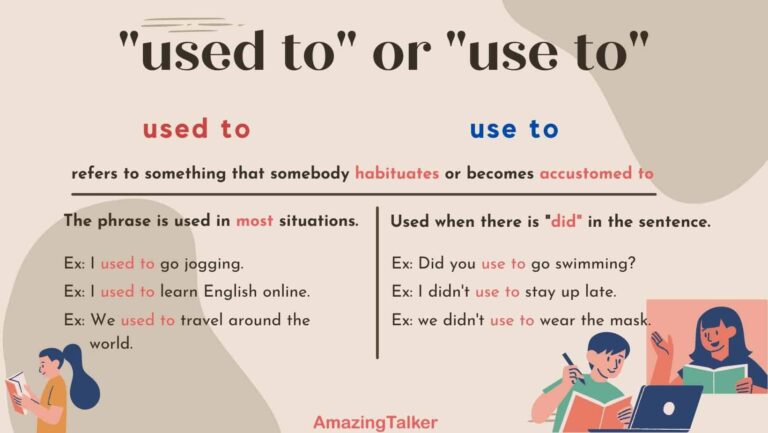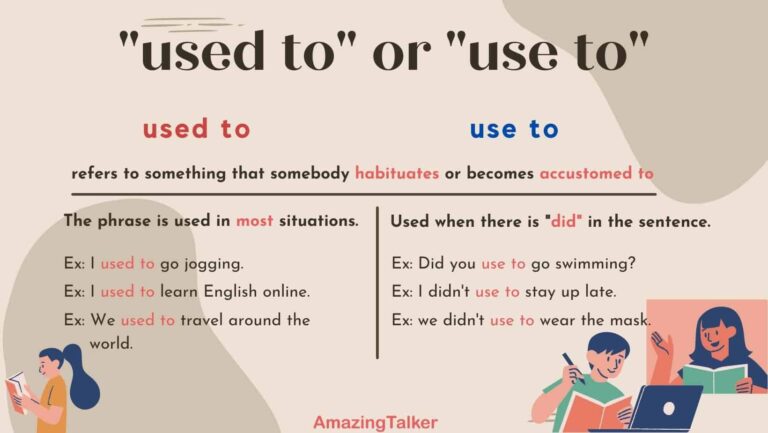Loaner Trucks for Sale: Your Comprehensive Guide to Smart Savings

Loaner Trucks for Sale: Your Comprehensive Guide to Smart Savings
In the vast landscape of vehicle purchasing, finding the sweet spot between affordability and quality can feel like a daunting task. While a brand-new truck offers the allure of untouched perfection and the latest features, its hefty price tag and immediate depreciation can be a deterrent. On the other hand, a traditional used truck might be more budget-friendly but often comes with higher mileage, unknown history, and the potential for hidden issues. This is where the often-overlooked category of "loaner trucks for sale" emerges as an incredibly attractive option, offering a unique blend of benefits that savvy buyers are increasingly recognizing.
What Exactly Are Loaner Trucks?
At its core, a loaner truck is a vehicle that a dealership uses to provide temporary transportation to customers whose own vehicles are undergoing service or repairs. These aren’t rental cars in the conventional sense; they are an extension of the dealership’s customer service, ensuring convenience and satisfaction during a customer’s service visit. Often referred to as "courtesy vehicles" or "service loaners," these trucks are typically late-model vehicles, sometimes even current year models, that are part of the dealership’s active fleet.
Once these trucks accumulate a certain amount of mileage (usually between 5,000 and 20,000 miles) or have been in service for a specific period, dealerships cycle them out of the loaner program and make them available for sale to the public. This process allows dealerships to refresh their loaner fleet with newer models, while simultaneously offering consumers a unique opportunity to purchase a nearly-new vehicle at a significant discount.
The Allure of Loaner Trucks: Why Consider Them?
The appeal of a loaner truck extends far beyond just a lower price tag. They represent a compelling value proposition for several key reasons:
Significant Savings
Perhaps the most immediate benefit is the cost savings. Since these trucks are technically "used" (even if only for a few months), they have already absorbed the steepest part of a new vehicle’s depreciation curve. This means you can often purchase a loaner truck for thousands less than its brand-new equivalent, effectively getting a nearly-new vehicle without paying the "new car premium."
Low Mileage & Excellent Condition
Unlike many used trucks on the market, loaner vehicles typically boast very low mileage. They haven’t endured years of daily commutes or heavy-duty work. Furthermore, because they are part of a dealership’s fleet, they are meticulously maintained. Dealerships have a vested interest in keeping their loaner vehicles in pristine condition, as they reflect directly on the dealership’s brand and service quality. This means regular oil changes, tire rotations, and prompt attention to any minor issues, all performed by certified technicians using genuine parts.
Remaining Factory Warranty
A major advantage of purchasing a loaner truck is that it almost always comes with a significant portion of its original factory warranty still intact. This provides immense peace of mind, protecting you from unexpected repair costs for a considerable period. In many cases, these vehicles are also eligible for Certified Pre-Owned (CPO) programs, which can extend the warranty even further and include additional benefits like roadside assistance or vehicle inspections.
Latest Features and Technology
Since loaner fleets are regularly updated, these trucks often feature the latest technology, safety innovations, and creature comforts available in their respective models. You won’t be buying an outdated model; rather, you’ll get modern infotainment systems, advanced driver-assistance features, and contemporary styling without the new-car price.
Known History
Unlike private party sales where vehicle history can be murky, a loaner truck’s entire life history is typically well-documented by the dealership itself. This means easy access to service records, allowing you to see every maintenance check and repair performed on the vehicle since it rolled off the assembly line.
Navigating the Market: How to Find Loaner Trucks for Sale
Finding a loaner truck requires a slightly different approach than searching for a standard used car, but it’s increasingly straightforward:
Dealership Websites
Your primary hunting ground should be the websites of local dealerships. Look for specific sections or filters for "Service Loaners," "Courtesy Vehicles," "Demo Models," or "Manager Specials." Dealerships are keen to move these vehicles, so they often highlight them prominently.
Online Marketplaces
Major online car marketplaces like Autotrader, Cars.com, and CarGurus can also be useful. When searching, filter by "dealer" and pay close attention to the vehicle descriptions. Sellers will often explicitly state if a vehicle was a "loaner" or "courtesy car" to highlight its low mileage and excellent condition.
Direct Contact with Dealerships
Don’t hesitate to call the sales or service departments of dealerships directly. Even if they don’t have any listed online, they might have vehicles nearing the end of their loaner cycle that aren’t yet advertised. Inquire about their loaner program and when they typically rotate vehicles.
Timing Your Purchase
Dealerships often cycle out loaner vehicles when new model years are introduced, or when they need to make space for new inventory. Keeping an eye on these cycles, typically in the fall for new model year arrivals, can give you an edge.
The Buying Process: What to Look For and Ask
Once you’ve identified a potential loaner truck, approach the purchase with diligence, just as you would any other vehicle:
Vehicle History Report
Always request a comprehensive vehicle history report (like CarFax or AutoCheck). Verify the mileage, ensure the ownership history shows only the dealership, and check for any accidents or significant damage. While loaners are well-maintained, minor incidents can still occur.
Thorough Inspection
Even with dealership maintenance, a pre-purchase inspection by an independent mechanic you trust is highly recommended. They can spot potential issues that might be overlooked, giving you an unbiased assessment of the truck’s mechanical health, tire wear, brake condition, and any cosmetic flaws.
Test Drive
Conduct a thorough test drive on various road conditions – city streets, highways, and even some rougher terrain if you plan to use the truck for off-road purposes. Pay attention to how the transmission shifts, the feel of the brakes, steering responsiveness, and any unusual noises or vibrations. Test all electronics, lights, and features.
Warranty Details
Confirm the exact remaining factory warranty coverage. Ask if the truck qualifies for the dealership’s Certified Pre-Owned (CPO) program, as this can add significant value and extended warranty coverage. Understand what is and isn’t covered.
Negotiation
Don’t assume the price on a loaner truck is non-negotiable. While they are already discounted, there’s usually still room for negotiation, especially if you find any minor cosmetic imperfections or if the truck has been on the lot for a while. Research comparable vehicles to understand fair market value.
Financing
Explore your financing options. Compare interest rates and terms offered by the dealership with those from banks or credit unions. Having pre-approved financing can give you stronger negotiating power.
Potential Challenges and Considerations
While loaner trucks offer numerous advantages, it’s also important to be aware of potential drawbacks:
- Limited Availability: The selection of models, trims, and colors might be more limited compared to new or traditional used inventory. You might need to be patient to find your ideal truck.
- Minor Wear and Tear: While well-maintained, loaner vehicles are driven by multiple individuals. This can result in minor cosmetic imperfections, such as small scratches, dings, or slight wear on the interior upholstery or floor mats. These are usually superficial but worth noting during your inspection.
- No Customization: You’re buying the truck as it is configured. You won’t have the option to custom-order specific features, packages, or accessories.
- Psychological Factor: For some buyers, the idea of owning a vehicle that has been driven by many different people, even briefly, can be a psychological hurdle. If you prefer a truly "virgin" vehicle, a loaner might not be for you.
Tips for a Successful Loaner Truck Purchase
- Be Patient and Persistent: The best deals on loaner trucks often go quickly. Stay vigilant in your search.
- Research Specific Models: Know which truck models and trim levels you’re interested in before you start looking. This will help you identify good opportunities when they arise.
- Have Your Financing Ready: Getting pre-approved for a loan gives you clarity on your budget and strengthens your negotiation position.
- Don’t Rush: Take your time with the inspection and test drive. A thorough evaluation can save you from future headaches.
- Read the Fine Print: Carefully review all purchase agreements, warranty documents, and any extended service contracts before signing.
Loaner Trucks for Sale: Illustrative Pricing Guide
Below is an illustrative table showcasing estimated pricing and typical characteristics for popular loaner truck models. Please note that these figures are approximate and can vary significantly based on location, dealership, specific vehicle condition, features, and market demand.
| Truck Model | New MSRP (Est.) | Loaner Price Range (Est.) | Typical Mileage | Remaining Factory Warranty | Key Features (Example Trim/Drivetrain) |
|---|---|---|---|---|---|
| Ford F-150 | $40,000 – $70,000 | $34,000 – $60,000 | 8,000 – 18,000 | 2-3 years / 30-40k miles | XLT/Lariat, 4×4, EcoBoost V6 |
| Ram 1500 | $38,000 – $68,000 | $32,000 – $58,000 | 7,000 – 16,000 | 2-3 years / 30-40k miles | Big Horn/Laramie, 4×4, V8 Hemi |
| Chevrolet Silverado 1500 | $37,000 – $67,000 | $31,000 – $57,000 | 9,000 – 19,000 | 2-3 years / 28-38k miles | LT/RST, 4×4, 5.3L V8 |
| Toyota Tundra | $42,000 – $65,000 | $36,000 – $55,000 | 6,000 – 15,000 | 3-4 years / 40-50k miles | SR5/Limited, 4×4, i-FORCE MAX |
| GMC Sierra 1500 | $40,000 – $72,000 | $34,000 – $62,000 | 8,000 – 17,000 | 2-3 years / 30-40k miles | SLE/SLT, 4×4, 5.3L V8 |
| Honda Ridgeline | $39,000 – $48,000 | $33,000 – $42,000 | 5,000 – 12,000 | 3-4 years / 40-50k miles | RTL-E/Black Edition, AWD |
Note: "Remaining Factory Warranty" indicates the approximate time/mileage left from the original bumper-to-bumper or powertrain warranty, assuming typical 3-year/36,000-mile or 5-year/60,000-mile coverage.
Frequently Asked Questions (FAQ) About Loaner Trucks
Q1: Are loaner trucks considered new or used?
A1: Legally and for registration purposes, loaner trucks are considered "used" vehicles because they have been previously registered to the dealership and driven. However, due to their low mileage and excellent condition, they often offer many of the benefits associated with buying a new car.
Q2: Do loaner trucks come with a warranty?
A2: Yes, almost always. Since they are late-model vehicles with low mileage, a significant portion of the original factory warranty (bumper-to-bumper and powertrain) will still be intact. Many are also eligible for the manufacturer’s Certified Pre-Owned (CPO) program, which can extend warranty coverage even further.
Q3: Can I negotiate the price of a loaner truck?
A3: Absolutely! While loaner trucks are typically priced competitively below new vehicles, there is generally still room for negotiation. Treat it like any other used car purchase and be prepared to haggle, especially if you’ve done your research on comparable models.
Q4: What’s the typical mileage on a loaner truck?
A4: Most loaner trucks are cycled out of service when they reach between 5,000 and 20,000 miles. Some might have even lower mileage, especially if they were only used for a short period or for very specific service needs.
Q5: Are loaner trucks reliable, given that multiple people have driven them?
A5: Generally, yes. Dealerships meticulously maintain their loaner fleets to uphold their reputation and ensure customer satisfaction. They undergo regular servicing by certified technicians and any issues are typically addressed promptly. However, a pre-purchase inspection by an independent mechanic is still a wise precaution.
Q6: Are loaner trucks eligible for Certified Pre-Owned (CPO) programs?
A6: Often, yes! Many loaner trucks meet the stringent criteria for CPO programs, which typically include age limits, mileage limits, and a comprehensive multi-point inspection. CPO vehicles offer extended warranties and additional benefits, making them an even more attractive option.
Q7: How often do dealerships sell loaner trucks?
A7: The frequency varies by dealership and market demand. Some dealerships might cycle out loaners every few months, while others wait until they hit a certain mileage threshold or when new model years are released. It’s best to inquire directly with local dealerships.
Conclusion
Loaner trucks for sale represent a unique and often overlooked segment of the automotive market, offering a compelling blend of value, quality, and peace of mind. For the savvy buyer, they provide an excellent opportunity to acquire a nearly-new truck with low mileage, modern features, and significant remaining warranty coverage, all without incurring the full depreciation hit of a brand-new vehicle.
By understanding what loaner trucks are, where to find them, and how to navigate the purchasing process, you can unlock substantial savings and drive away in a reliable, well-maintained truck that meets your needs. In a world where every dollar counts, a loaner truck could very well be the smartest decision you make for your next vehicle purchase, offering a "best of both worlds" scenario that’s hard to beat.



